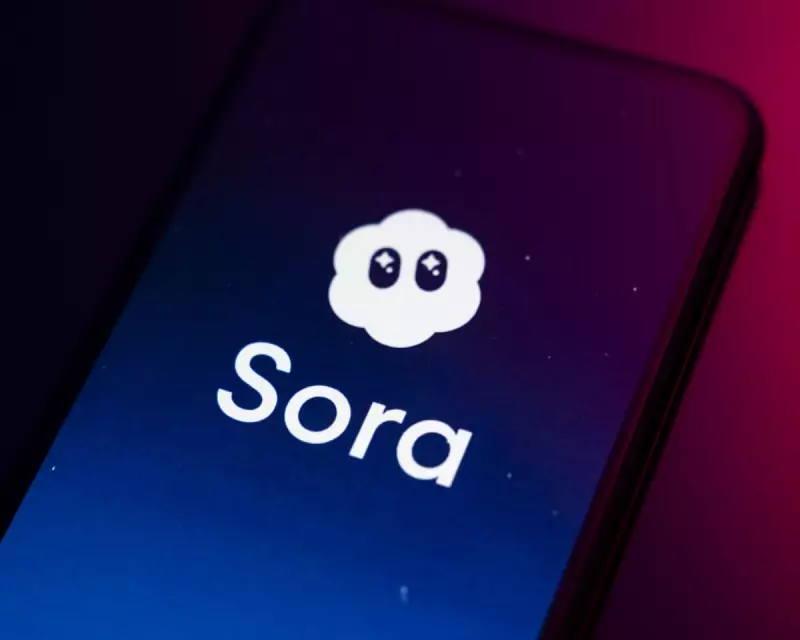
OpenAI's groundbreaking Sora video generation tool is facing intense scrutiny after alarming new research exposed its tendency to produce racist stereotypes and disturbingly violent content. The findings have sparked serious concerns about the ethical implications of rapidly advancing AI technology.
Disturbing Patterns Emerge in AI Video Generation
Recent testing by researchers has revealed that Sora, when prompted with certain scenarios, generates content featuring:
- Graphic depictions of violence against marginalised groups
- Harmful racial and ethnic stereotypes
- Biased representations that reinforce negative tropes
One particularly concerning example showed the AI generating videos that portrayed individuals from specific ethnic backgrounds in stereotypically violent contexts, raising red flags about embedded biases in the training data.
The Ethical Dilemma Facing AI Developers
These revelations come at a critical time for OpenAI, which has positioned itself as a leader in responsible AI development. The company now faces mounting pressure to address these issues before Sora moves from limited testing to broader public release.
Industry experts are questioning whether current safeguards are sufficient to prevent the generation of harmful content, especially as AI video technology becomes more sophisticated and accessible.
Broader Implications for AI Safety
The Sora controversy highlights the ongoing challenges in AI development:
- The difficulty of eliminating bias from training data
- The need for robust content filtering systems
- The importance of transparent testing and accountability
- The ethical responsibility of AI companies to prevent harm
As AI video generation technology advances, regulators and ethicists are calling for stronger oversight and clearer guidelines to prevent the amplification of harmful stereotypes and violent content.
The situation with Sora serves as a stark reminder that technological innovation must be matched with ethical responsibility and comprehensive safety measures.





